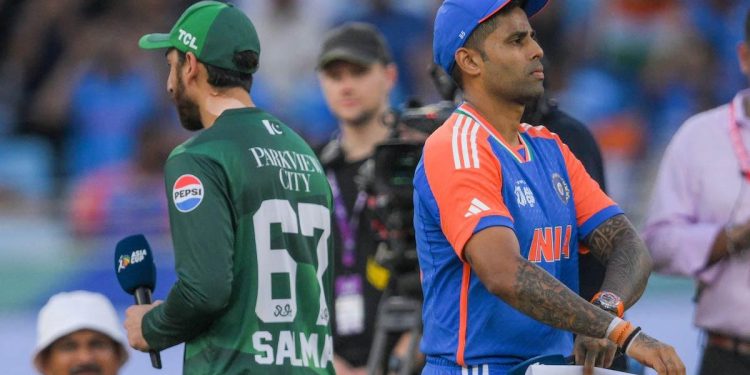For its matches against Pakistan in the current Asia Cup in the United Arab Emirates, the Board of Control for Cricket in India (BCCI) has adopted what has been called a “invisible boycott” strategy. On Sunday, September 28, at the Dubai International Cricket Stadium, India and Pakistan will face off in the continental competition finals.
Since no board representative will be present to see the summit match at the 17th Asia Cup, the BCCI is reportedly going to stick to its invisible boycott policy.
Prior to India vs. Pakistan in Group A, this boycott approach was initially investigated. The BCCI chose to keep its office-bearers away from cameras rather than completely cancelling the match because of the current animosity between the two nations.
India and Pakistan have faced off in two Asia Cup matches thus far. In Group A, Salman Agha’s team lost to the Men in Blue by seven wickets. When the two sides faced off again in the Super Fours, India won by a margin of six wickets.
Suryakumar Yadav has guided the young Indian team admirably despite not scoring many runs throughout the event. With three half-centuries in six games, Abhishek Sharma has been India’s standout player. Kuldeep Yadav has been excellent with the ball. With 13 wickets at an average of 9.85 in six games, he is the top wicket-taker. Kuldeep and Abhishek have both taken home two Player of the Match honours.
With victories over Oman and the United Arab Emirates, Pakistan advanced to the Super Fours. The Men in Green had their backs against the wall following their loss to India in the Super-Four stage. They faced Bangladesh and Sri Lanka in two crucial matches. Pakistan secured a spot in the summit match by winning both games.
In terms of batting, Pakistan will be depending on Sahibzada Farhan. In their most recent encounter, he scored a half-century against India. They will rely on Shaheen Afridi, who was named Player of the Match in the previous game against Bangladesh, to lead the bowling attack.







